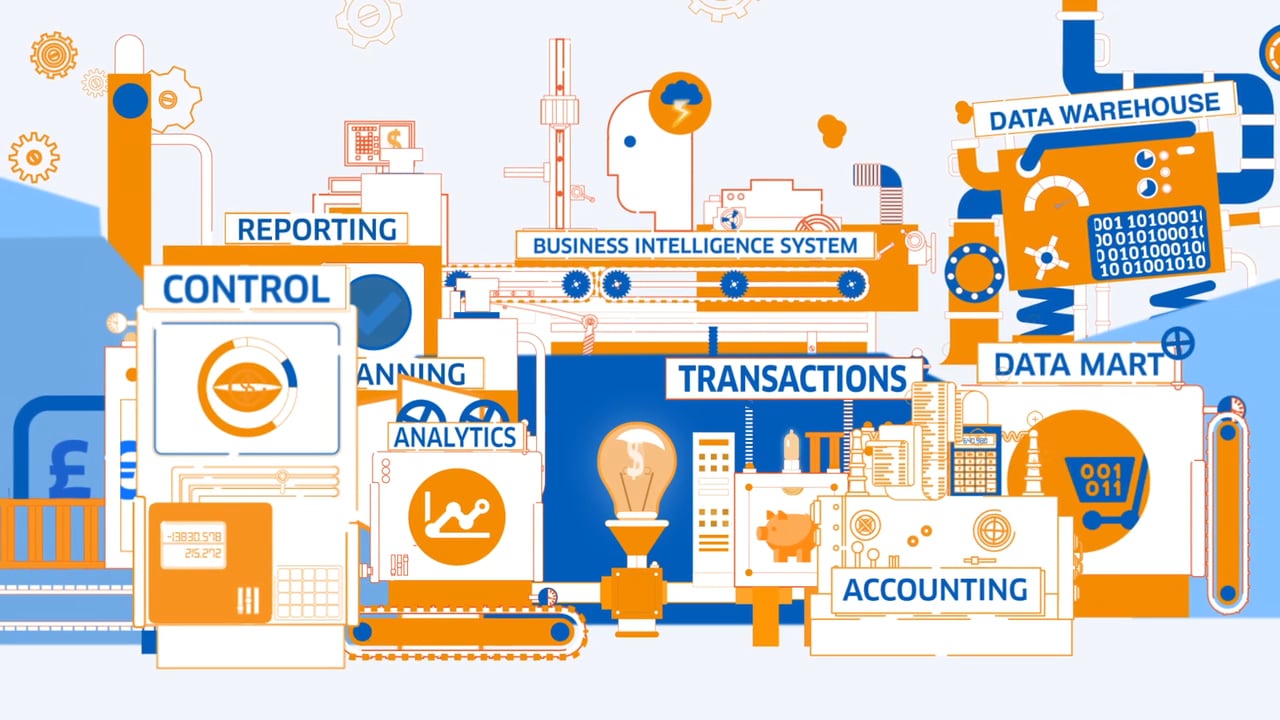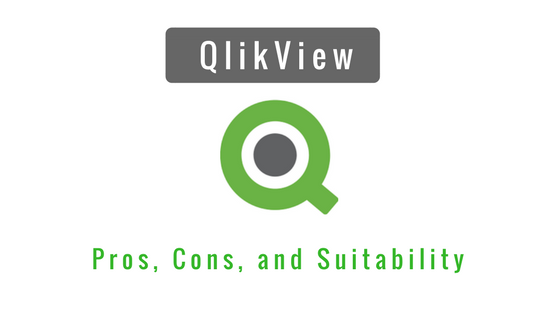5 Uses of Business Intelligence to Make Sense out of Big Data
What Is Business Intelligence (BI)?
5 min read
Preetisha Dayal : Jul 31, 2018 12:00:00 AM


When the term business intelligence comes into you’re mind you come across two questions basically that is, do you really need a business intelligence system in your company? And how can its implementation help you in making better decision making for your company?
Business Intelligence primarily goes for the use of tools, the technologies, or applications and practices which include the collection, analysis and the presentation of an organization raw data in the form of relevant business information which is suitable for an organization to make better business decisions.
Since Business Intelligence serves the purpose of delivering and integrating relevant business information in the organisation, therefore companies use business intelligence to find out any major changes in business environment, use the information provided by business intelligence to monitor the changing trends in business, which helps the companies to adapt to the changes which are occurring in the business environment quickly. A company can improve its decision-making process with respect to all its departments if it’s able to provide a business intelligence training at all levels in the company.
To understand as to why it’s important to invest in good business intelligence strategy we can analyze the following reasons below:
It may be a fact that your executives may be taking business decision s on the basis of their own guesswork which means they are putting your company’s reputation at stake, so guesswork means the company doesn’t have a structured business data on which it can depend to make business decisions. On the contrary, business intelligence provides you with accurate data; it provides you a proper insight based on relevant data for the changing trends in business, thus also helps to make future decisions, and how to predict the effects of changing trends in business hence putting an end to the guesswork which is far risky for the company.
The company is able to get quicker responses with use of business intelligence software as it saves its time as compared to if it had to go through those extensive reports and make business decisions quickly.
Since nowadays the business intelligence software is capable enough to provide accessibility of business data to anybody in the company who is qualified enough to utilize the company data with reference to for example business metrics, and other reports through mobile So as long as there is the availability of internet access important business data can be accessed by the qualified employees of the company.
Business intelligence gives the benefit to your organization in the sense a business intelligence platform gives your company an sight of how a customer is behaving as far as his purchasing patterns are concerned, what exactly he is purchasing. Business intelligence provides relevant information for your company so that the company is able to make profits and get hold of clients based on the information on what exactly they want to purchase from the market.

Implementation of business intelligence solution could change the whole scene of your taking a business decision by providing an integrated insight for your business data from all corners of the business. But still enterprise business intelligence could be a failure in implementation; the failures could be in the form of delays in executing a certain project, it could be a problem that you might overrun with your budgets, problems with ascertaining of data, or maybe dissatisfied customers.
So if business enterprise project fails the developers may go for accomplishing the entire delivery of the project in just one go. This failure for a business intelligence project might be for various reasons:
These above reasons could make the stakeholders getting dissatisfied; the business users might lose trust with business intelligence solution of the company thus resulting in wastage of the company’s resources, time and obviously its investment for an effective business intelligence solution, which the company had visualized since the beginning of the project.
Therefore a company requires a proper approach in a different phase for a successful implementation of a business intelligence solution.
A business intelligence solution works best if it is implemented in stages, so when you are going to implement a business intelligence solution you are advised to go for a five-phased approach in order to avoid any kind of setbacks or failures in proper implementation of business intelligence solution, which are as follows:
It’s essential for the enterprise to involve all people that is right from the heads of the executive team to its business users from the starting of gathering analysis of business data, as this would help the enterprise in reducing its workload from one stage to another.
By breaking down the requirements into key business areas you can put your focus on the main objective of business intelligence solution. If the enterprise is not able to break the implementation intelligence process into, different phases, the delivery schedules may need to be adjusted several times which might spoil the whole process of implementation of the project thus ruining all the efforts you have put in since the starting phase. Thus breaking of the project in different phases will help the enterprise in making corrections, in case the executive of the enterprise is trying to accomplish the project in one go, instead of breaking it into different phases which might make the implementation process futile, thus the enterprise executive may later realize that the business intelligence solution they wanted to achieve has landed up nowhere.
When you are going for chalking out the schedules and priorities of different phases you need to consider the following:
An enterprise can lose the faith of its end users if the data is found to be inaccurate just at the initial stage of the business intelligence solution implementation stage. This means the quality analysis department of your enterprise needs to validate the business data continuously in order to find out errors at the right time and make the final validations at ease and in time.
It’s better to roll out the business intelligence application gradually to each individual department to ensure a smooth and successful implementation of business intelligence project, instead of forcing the executives of the enterprise to execute the project all at once.
So after evaluating the above phases of a business intelligence application, we get an insight about the business intelligence process which needs to be taken care of continuously and how important is the need to make a business intelligence process adaptable to the changes in business environment.
Need a tech solution for business? Get in touch.

What Is Business Intelligence (BI)?

Big data is data sets that are too large or complicated for traditional data processing software to deal with. Amongst other things, big data can be...

Business Intelligence (BI) is an advanced functionality for businesses to extract data and convert them into opportunity. It involves much deeper...